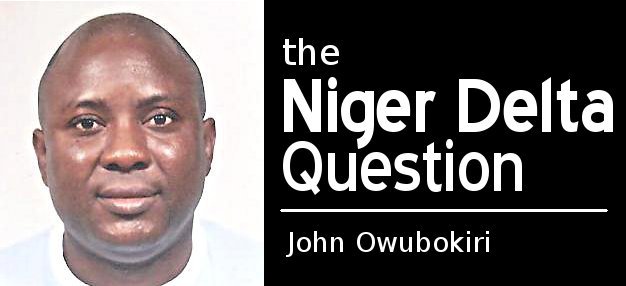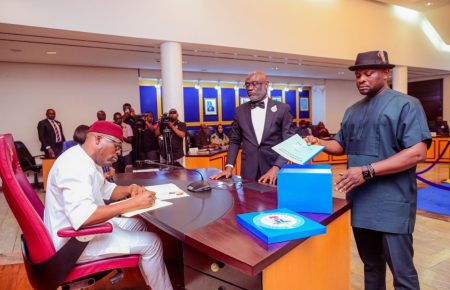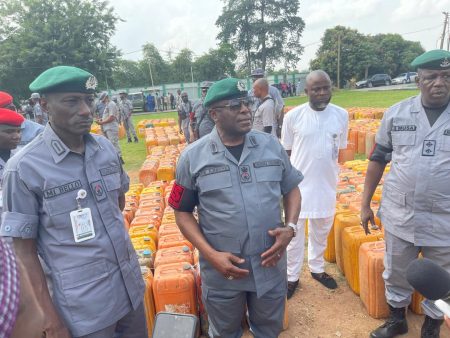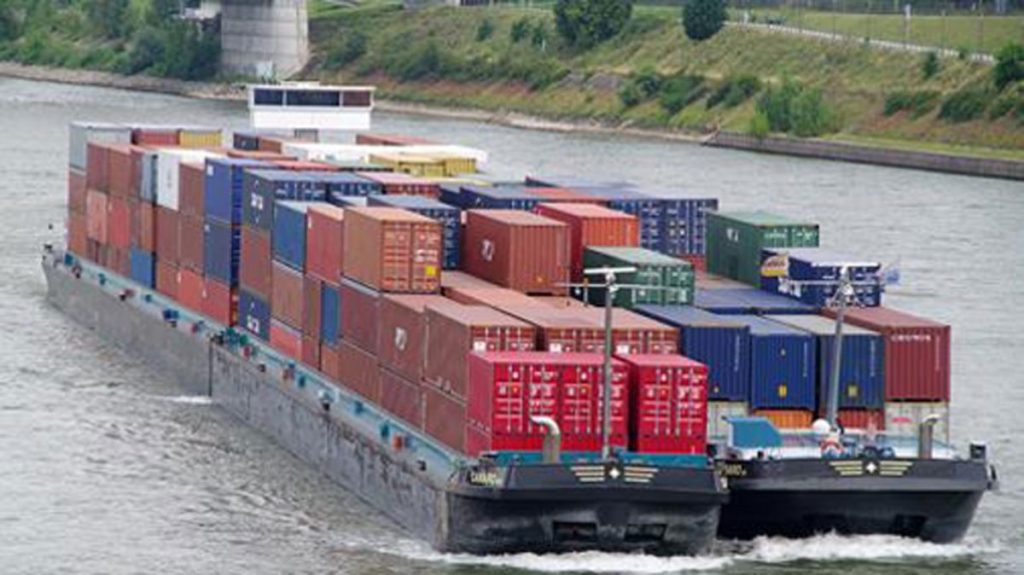 30 April 2018, Sweetcrude, Port Harcourt — The state of Israel has enjoyed close relations with the United States since it became a state and officials of the United States have stated without equivocation that Israel is their closest ally in the Middle East. US state policy on Israeli defence is that an attack on Israel is an attack on the United States. That is the extent of the closeness of the alliance between the two states but on the 23rd of December, 2016, about a week to the end of the Obama presidency, the United States abstained from a 14 – 0 United Nations Security Council Vote over Israel’s construction of new settlements in the Occupied Territories, including East Jerusalem. The Resolution described Israel’s settlement activity as constituting a “flagrant violation” of International Law and having no legal basis. Israeli argument hinged on infiltrating those territories for its defence and security, the twin issues over which it has enjoyed more than sympathy and support from the United States and her allies in NATO but the United States on this occasion demonstrated that its commitment to world peace is not negotiable and made the eloquent statement that friendship has its obligations.
30 April 2018, Sweetcrude, Port Harcourt — The state of Israel has enjoyed close relations with the United States since it became a state and officials of the United States have stated without equivocation that Israel is their closest ally in the Middle East. US state policy on Israeli defence is that an attack on Israel is an attack on the United States. That is the extent of the closeness of the alliance between the two states but on the 23rd of December, 2016, about a week to the end of the Obama presidency, the United States abstained from a 14 – 0 United Nations Security Council Vote over Israel’s construction of new settlements in the Occupied Territories, including East Jerusalem. The Resolution described Israel’s settlement activity as constituting a “flagrant violation” of International Law and having no legal basis. Israeli argument hinged on infiltrating those territories for its defence and security, the twin issues over which it has enjoyed more than sympathy and support from the United States and her allies in NATO but the United States on this occasion demonstrated that its commitment to world peace is not negotiable and made the eloquent statement that friendship has its obligations.
In 2015 Muhammadu Buhari rode into political power on account of some factors including the groundswell of open support for his candidature by the Western powers, notably, the United States, the United Kingdom and France. His avowed distaste and intolerance for corruption, an unpardonable sin in the West’s invented but now abhorred commandments in a long list that has vices such as Dictatorship, Terrorism, Drugs and Human Trafficking and Religious Extremism, resonated with the Western powers and they extended the sympathy and support that he required strengthening his campaign; they also accorded his opponent sufficient open antagonism to assure his exit from power. In six months, however, the world came to the realisation that apart from a tough stance against corruption. Muhammadu Buhari did not have a template for managing the complex issues that Nigeria faced. In three years under the principled but ineffectual leader, Nigeria has gone from an emerging regional economy to a nation struggling for survival as a state; ethnic cleansing, ethnic tensions, separatist agitations and recurrent sabre rattling in the different regions of the country, have all pushed economic resurgence into the foreground. At a time when calls for separation and self-determination are strident in the South East and South South regions acts of genocide approximating to ethnic cleansing are being carried out in the North Central states of Taraba, Adamawa and Benue.
Last week Theophilus Danjuma, a retired three-star general who had served Nigeria as Chief of Army Staff and Defence Minister at different times called on the oppressed ethnic nationalities of Nigeria to pick up arms to defend themselves against the attacks of the rampaging Fulani herdsmen, the new scourge of a nation demoralised by economic recession and directionless political leadership. Danjuma, a Nigerian civil war hero, is known within and outside Nigeria as a dye-in-the-wool nationalist but his call to arms, viewed within the spectrum of the massive and systematic destruction of lives and property, appears the most practical step in the face of an ominous silence from Nigeria’s leadership and the international friends of Nigeria who hide behind the cloak of non-interference, a principle of International Law that constitutes more, an excuse by international friends to ignore the excesses of allies or cronies in power than actual respect for the internal affairs of an independent nation.
The productive and creative population of Nigeria, her industrial and technological potential and her preparedness for the diversification of her economy are all held captive by the organised violence orchestrated by terrorists and an ethnic militia with an unclear agenda. But Nigeria and her neighbours face a worse spectre if these acts of genocide continue: Northern Africa and the Mediterranean Coast have experienced desperate immigrant passages inspired by economic hardship in West Africa and the horn of Africa at peacetime. The addition of ethnic conflicts and war in Africa’s most populous country would certainly compound an already combustible situation. Buhari’s and indeed, Nigeria’s international allies owe Nigeria the obligation of intervening in the simmering crises before they spiral into another Syria. Nigeria’s ethnic nationalities can choose between a lose political arrangement that assures all the level of autonomy to aspire and actualise their private agenda or to accept the Sudanese option, all under the moderation of her international friends. Nigeria needs her international friends now to stop the pretence that all is normal with Nigeria.



